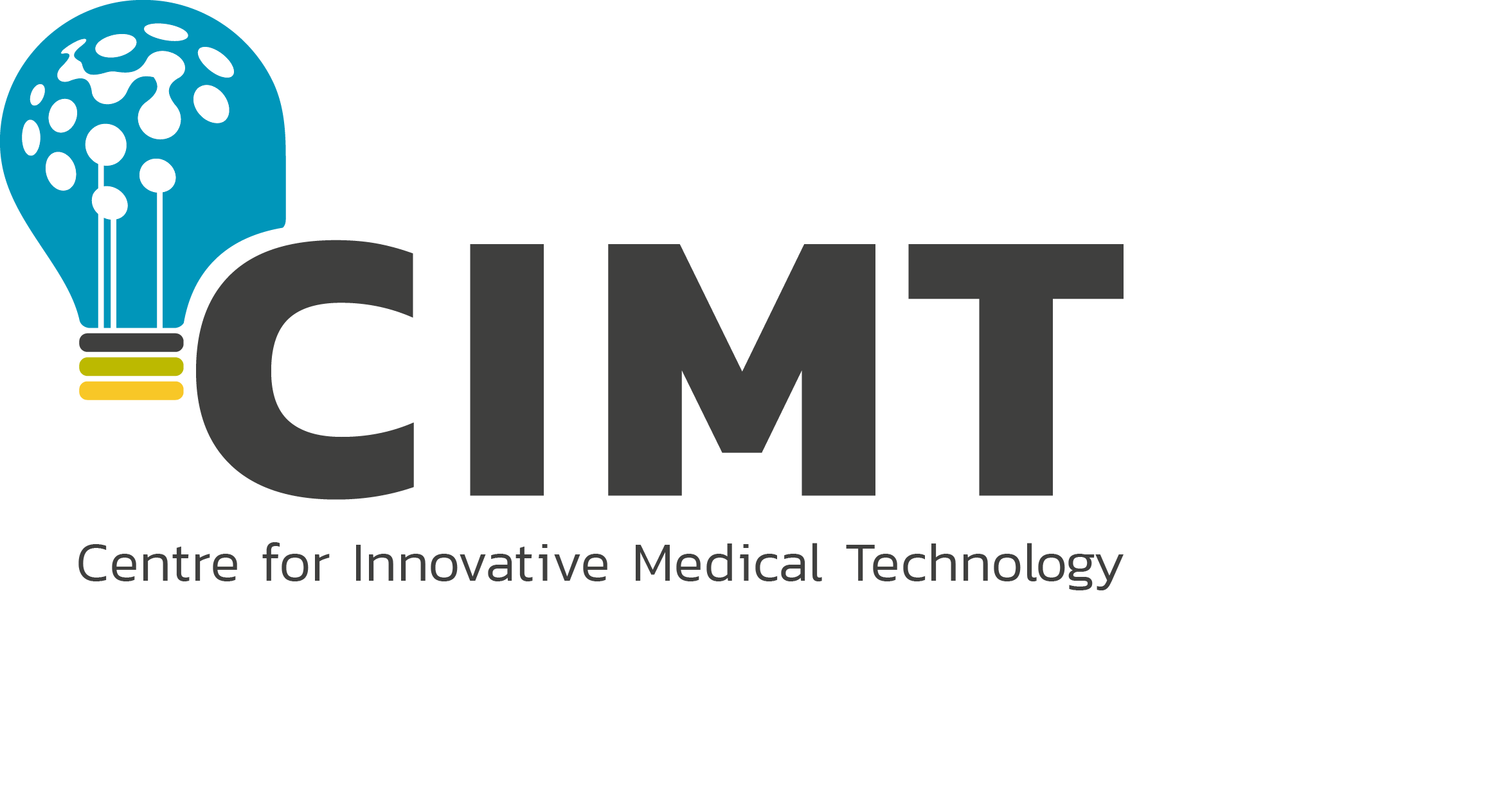Early health technology assessment of eHealth
The composition of the population is changing, and the number of elderly is rising resulting in a growing need for health and care services. New technology enables the refinement and personalisation of existing health care practices; this has the potential to prevent grave diseases and save more lives.
PROJECT PERIOD
Start: 2016
End: 2020
Although the technological revolution in the healthcare sector shows great potential, not all technological innovations serve their purposes. Documenting the effects of innovation in health care is therefore essential to assess prioritising in adequate technology implementation.
To improve the pace and efficiency of the development and assessment of health innovation, new methods for early health technology assessment (early HTA) are emerging in the literature. Early HTA is a form of HTA that evaluates technologies still in development and can be defined as the early examination of the medical, economic, social, and ethical implications of a health intervention to determine the potential of its incremental value in health care.
AIM
The purpose of this project was to study methods for early HTA of innovative technologies and explore the value of behavioural data in the assessment of the usability of e-health solutions.
This thesis points to early assessment of health innovation as a method to identify drivers and barriers at an early stage, and to decide on anticipated outcome measures to meet the users’ needs. The application of early HTA methodology may provide decision-makers with stepwise decision support, particularly needed in e-health solutions to ensure sustainable implementation.
RESULTS
The first part of the study showed that early HTA is well suited as an indicator of value and risks, but it can be difficult to get enough data at this stage to draw unambiguous conclusions.
However, the use of HTA in the early stages of development of new technologies can help to focus on the quality areas that are important for adapting the solution and future implementation. Specifically, an early stakeholder analysis of the Norwegian web platform DigiHelse showed what positive benefits the platform could provide for patients and home care as well as the potential socio-economic benefits if it was developed and implemented appropriately in relation to the target groups.
The second part of the study showed that behavioural data is an important source for assessing the applicability of a health technology. By using behavioural data to analyse the pilot project DigiHelse, it was demonstrated that the solution did not meet the needs of the target group. Therefore, it had a low adoption rate among the target group. The study showed that behavioural data can help identify problem areas for health technologies and point them in a better direction for further development. Early HTA can then lead to a higher degree of implementation and application amongst the target group.
PARTNERS
This was a PhD project by Linn Nathalie Strøme. The project was defended online on 9 December 2020. Linn is currently a postdoc at the Center for Connected Care (C3) at Oslo University Hospital.


Kristian Kidholm
Professor, Head of Research
Centre for Innovative Medical Technology (CIMT). Odense University Hospital, Dept. of Clinical Development - Innovation, Research & HTA
(+45) 6541 7960 kristian.kidholm@rsyd.dk
